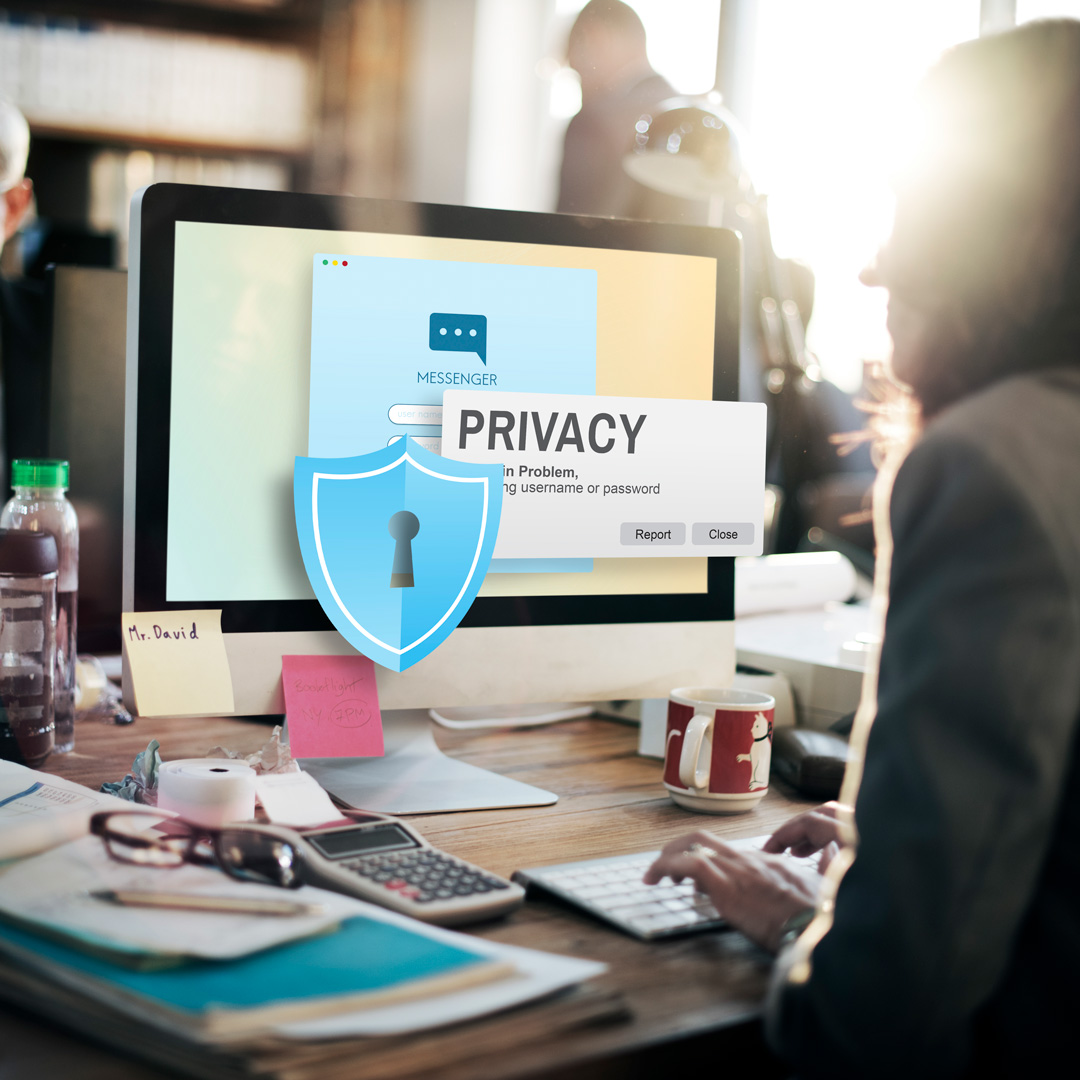#téléphoniedentrepriseagile
2023 – Call recording and GDPR: what does the law say?
In recent years, call recording has been very regulated for companies. Appointment of a DPO, call recording conditions, limited storage of recordings depending on the activity, etc.
One thing is certain, we cannot record just anything and anyhow!
A quick note on the regulations
To begin with, in the event that the company appoints a DPO following the entry into force of the GDPR, the latter must be associated with the implementation of the tapping and/or recording of calls.
In addition, the recording or listening device must be registered in the register of processing activities kept by your company.
Being a very regulated practice, listening to and recording calls must respect certain rules and limits, which we will explain later in this article.

Listening and calls recording: what does the law say?
The call recording system is legally regulated by the National Commission for Computing and Liberties (CNIL). When this is implemented within your company, you have the obligation to inform your employees and your customers and to obtain their approval.
In addition, the listening and recording of calls must comply with certain measures, including the purpose of the recording, the retention period or the authorization concerning listening and access to data.
Call recording conditions
Within the framework of the call recording system, only exchanges pursuing a defined objective and recognized as being a necessity (training, evaluation, quality and proof) are authorized.
Okay, but what do you mean?
As an employer, you have the possibility of setting up telephone recordings, which can help you achieve your objectives, while respecting the conditions set out above.
Training
You can record, from time to time, the telephone exchanges of your agents as part of their training. The goal is to reuse recordings as a support to highlight the positive points and the various areas for improvement.
Evaluation
You have the possibility of occasionally recording the telephone exchanges of your employees, in order to evaluate them.
The quality
Improving the quality of your customer, after-sales, technical or other service can also be a condition for call recording.
The proof
If you are the director of an insurance firm, a bank branch and your business is to sell contracts over the phone, then call recordings are essential! In your sector, carrying out a transaction or establishing a contract over the phone is recurrent. To protect your company as well as your employees, the recording of calls can be used as evidence for any action taken.
The shelf life of exchanges
However, the shelf life of telephone exchanges is limited. Indeed, it must not exceed 6 months, except text imposing a specific duration or a particular justification. Analysis documents can be kept for up to 1 year.
Concerning the organizations having to prove, if necessary, the establishment of a contract, the retention period is also limited and can sometimes be provided for by a specific text.
The CNIL also indicates: “A data archiving and purging policy must be put in place, in accordance with the limitation periods for the action to challenge the contract provided for by law. »
Authorisation and access to listening to recordings
Access to the recordings must be limited to the services concerned by the objective pursued. In the event that the recording is implemented for quality of service purposes, only the persons included in this mission can access this data.
GDPR: what does the law say?
Regarding the GDPR, it should be noted that the recording of a call can begin when all the parties participating in the call have given their consent. This is required by the GDPR and other EU-wide regulations, such as the ePrivacy Regulation.
The ePrivacy Regulation requires that you obtain explicit consent from end users before recording a call or using any other technology that stores personal data.
In addition, all parties must agree and be able to withdraw in a concrete way. The GDPR also imposes a valid and legal ground for a call recording that could collect certain information.

Calls recording with Sipleo
The call recording option is available on Sipleo. The goal is to allow you to achieve your goals easily and more productively. Whether for training, evaluation, improvement or establishing proof, everything is possible with Sipleo.
And even its configuration! With our enterprise IP telephony solution, you can record calls in just a few clicks:
Globally or tracking calls
Depending on the line and the origin of the call
A call in real time
By setting the duration of recorded conversations
From SipleoAssist
Our telephony solution also offers many other scalable and customizable features depending on your activity.
Interactive voice server (IVR). Computer-Telephony Coupling (CTI). Soft phone. Pre-answered. Smart settings… Our teams are working hard to bring you the best features!
On top of that, our IPBX adapts perfectly to your activities: service, industry, transport, logistics, accounting, and more! It can accompany you to the office or during your various trips.
Our team is continually working on new optimizations in order to meet the needs of many companies located in France, in overseas departments and abroad.
Do you have an idea in mind, a complex project or a specific need? We are open to all requests and can provide you with the solutions you need!
*sources :
ePrivacy (cookiebot)
https://knowledge.hubspot.com/fr/calling/what-are-the-call-recording-laws
https://www.cnil.fr/fr/lenregistrement-des-conversations-telephoniques-afin-detablir-la-preuve-de-la-formation-dun-contrat
https://www.cnil.fr/fr/lecoute-et-lenregistrement-des-appels-sur-le-lieu-de-travail#:~:text=L%27employeur%20ne%20peut%20pas,pour%20lutter%20contre%20les%20incivilités.
https://info.haas-avocats.com/droit-digital/rgpd-précisions-enregistrement-des-conversations-telephoniques

